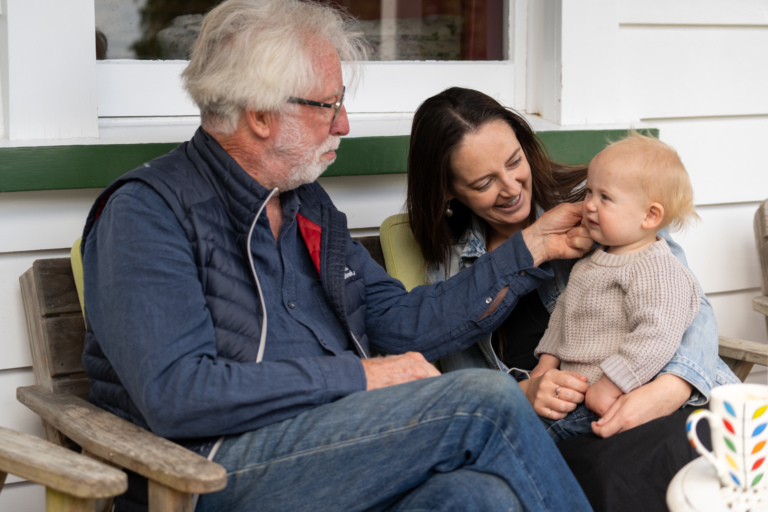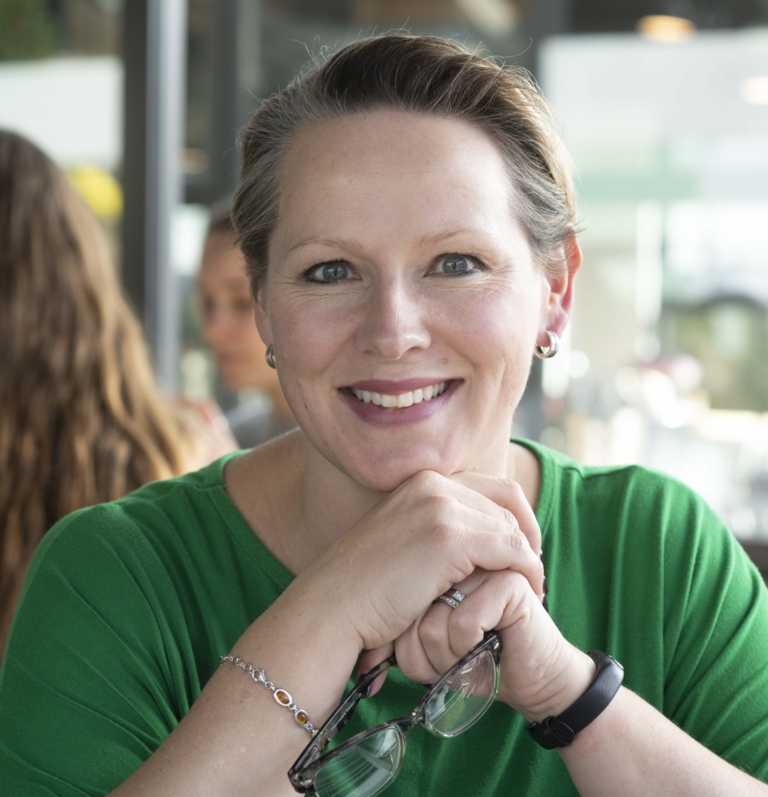May 27, 2024
The Importance of Goodbye Rituals for Processing Grief

Beginning the grief journey
It’s often said that farewells are for the living. It’s an opportunity for friends and relatives to come together, air their thoughts and frustrations, laugh, cry, and even fight and argue. Whatever the reaction, a formal or informal goodbye is essential to the grieving process.
“Rituals, no matter what form they take, create an occasion to say a meaningful goodbye, which helps us face the reality of what has happened, thus beginning the journey towards reconciliation and closure,” according to Dr Bill Webster, Executive Director at The Centre for the Grief Journey.
Formal goodbyes hold a strange place in our busy lives. They often take place midweek, with mourners taking a few hours off work or school to attend. The service is brief, and then everyone returns to the real world, with little chance to properly process or share the grief.
Farewell planning
Farewell planning can help solve some of these problems. It is your right to organise your farewell as you wish, but farewell planning advice can open doors to services and ideas you may not have considered. For example, there are alternative ways to commemorate your passing; including a memorial service where your body is not present, a sea burial, which is legal in New Zealand, or a living funeral at your favourite beach, where you can be a part of your own send off.
If the deceased has made no plans, it’s time to think about ‘a fitting send-off’, which is precisely that. It’s a farewell that best fits the personality and honours the beliefs of the deceased – and may involve no funeral or farewell at all.
Go With Grace End-of-Life Plan
An end-of-life plan is a useful tool to formalise your farewell – and for those looking for alternatives to no farewell at all. Start your planning journey…
Effect on family when there is no farewell
However you choose to say goodbye, it is essential to consider those you are leaving behind. If you have children, they might view a more formal arrangement as a cathartic moment on their first steps to recovery.
Your favourite grandchildren and very young relatives may also want to attend a farewell in your honour. Every child is different, and attendance is obviously up to the parents or caregivers. However, attending a service, visiting a grave or lighting a candle is a thoughtful way to help young ones experience death, introduce some themes for discussion and involve them in the occasion in a supportive and caring environment. More about involving children in farewells…
Whatever the decision, recording your final wishes is an excellent way to communicate to friends and family, avoid confusion, and offer great comfort and peace of mind.



